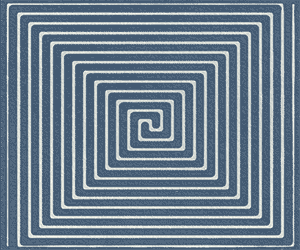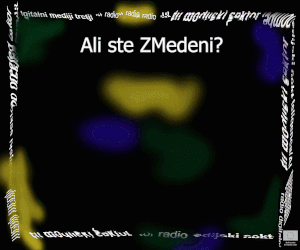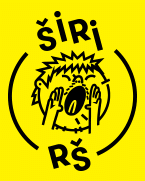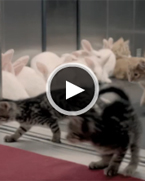Music as Medicine: Healing and Harmony in African Traditions
Music as Medicine: Healing and Harmony in African Traditions
Introduction:
In the rich tapestry of African cultures, music serves not only as a form of entertainment but also as a profound force for healing, unity, and spiritual connection. Across the continent, communities have long recognized the therapeutic properties of music, harnessing its rhythms, melodies, and harmonies to address physical, emotional, and spiritual ailments. In this comprehensive exploration, we delve into the multifaceted role of music as medicine in African traditions, uncovering its healing powers and the cultural practices that surround it.
1. Cultural Context and Philosophy:
African music is deeply rooted in spirituality, community, and a profound connection to the natural world. Traditional beliefs emphasize the transformative power of sound and rhythm, viewing music as a conduit for divine energy that connects individuals with ancestors, spirits, and the cosmos. This spiritual foundation underpins the therapeutic applications of music in African cultures, infusing healing rituals and ceremonies with profound meaning and significance.
2. Therapeutic Modalities:
African healing traditions employ a diverse array of musical modalities to address physical, emotional, and spiritual well-being. Drumming and percussion, vocalization and chanting, and instrumental music each serve specific therapeutic purposes, stimulating the body's energy centers, inducing altered states of consciousness, and promoting emotional release. These modalities are deeply integrated into healing practices, reflecting the holistic approach to health and wellness found in African cultures.
3. Rituals and Ceremonies:
Music as medicine is often practiced within the context of communal rituals and ceremonies, where the collective energy of participants amplifies the healing process. From West African djembe fola ceremonies to Nigerian Yoruba egungun rituals, music plays a central role in invoking ancestral spirits, addressing communal issues, and facilitating individual healing journeys. These ceremonies serve as potent examples of music's capacity to foster unity, connection, and spiritual transformation.
4. The Role of Traditional Healers:
Traditional healers, known by various names across Africa, play a pivotal role in utilizing music as medicine. Drawing on specialized knowledge of medicinal plants, rituals, and sacred songs passed down through generations, these healers offer holistic approaches to healing that address the physical, emotional, and spiritual dimensions of health. Through divination and spiritual guidance, they prescribe specific musical interventions tailored to the needs of their clients, exemplifying the deeply ingrained connection between music and healing in African cultures.
5. Modern Applications and Global Influence:
In recent years, the therapeutic potential of African music has garnered recognition beyond traditional contexts. Music therapy programs inspired by African traditions have been implemented worldwide, offering holistic approaches to healing in hospitals, schools, prisons, and community centers. Research has demonstrated the efficacy of music therapy in treating a wide range of conditions, from depression and anxiety to chronic pain and neurological disorders, underscoring the universal relevance of music as medicine.
Conclusion:
Music as medicine is a fundamental aspect of African cultures, embodying the profound connection between sound, spirit, and healing. As we continue to explore its therapeutic potential, it is essential to honor and celebrate the ancient wisdom of African traditions, where music has long been recognized as a powerful tool for promoting well-being, harmony, and unity within communities. In embracing the healing power of music, we not only honor our shared heritage but also pave the way for a more harmonious and interconnected world.

















Prikaži Komentarje
Komentiraj